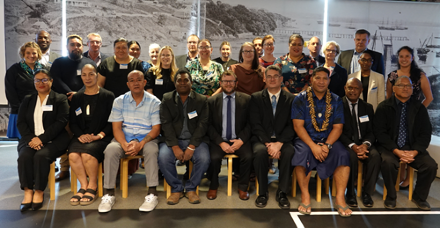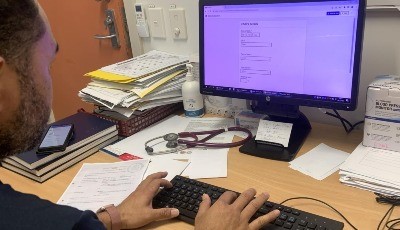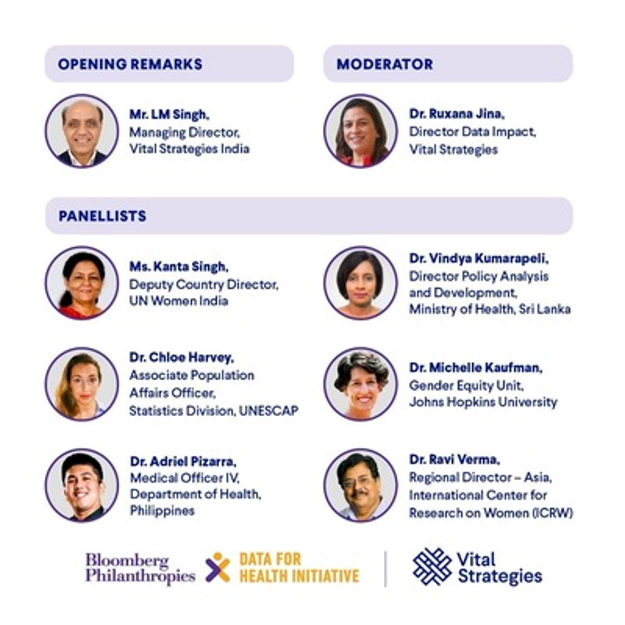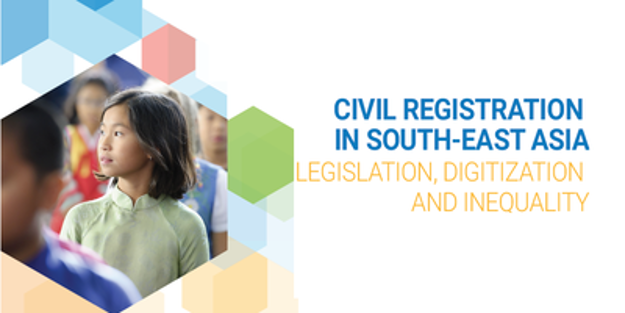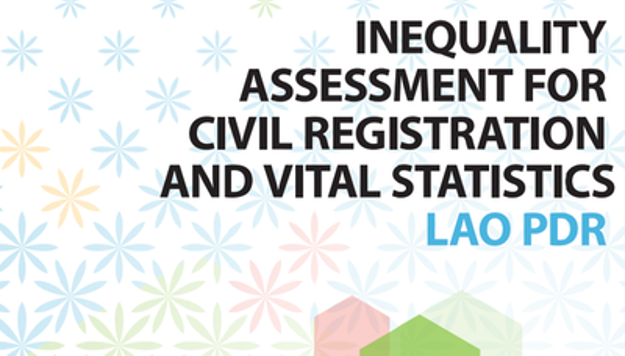(Newsletter May 2023)
The WHO Western Pacific Regional Office, in cooperation with the Department of Statistics at UCLA, developed an online calculator for excess deaths in countries. This tool aims to help countries estimate their expected all-cause mortality counts for each week or month starting 1 January 2020. Since excess deaths have been observed during the COVID-19 pandemic, evidence is needed to support timely and dynamic decision-making and policy development. This tool is for use by member countries and does not require the data to be seen by the WHO. Additionally, the WHO developed a paper on “Tool for tracking all-cause mortality and estimating excess mortality to support the COVID-19 pandemic response”. It discusses the relevance of developing this tool and lessons learned. The paper can be accessed at this link.



